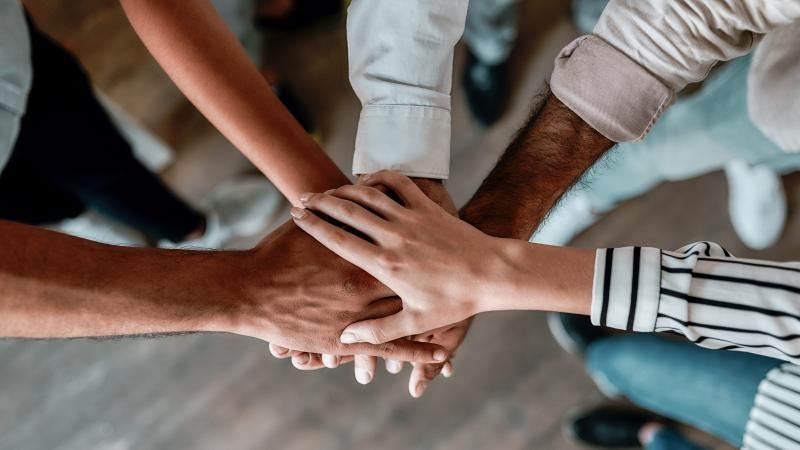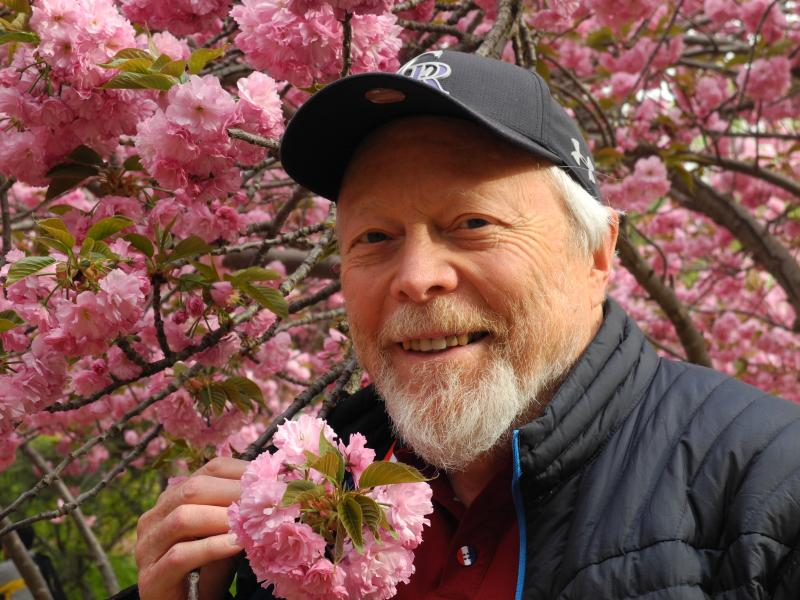LOVE and HEART HEALTH: Coaching for Connection

“The greatest thing you’ll ever learn, is just to love and be loved in return.”
From the Song “Nature Boy” – lyrics by eden ahbez, recorded originally by Nat King Cole, sung by David Bowie in the movie Moulin Rouge
There is the biological heart that pumps our blood and keeps us alive. There is also what cardiologist Sandeep Jauhar calls our metaphorical heart. “The metaphorical heart is the way that we thought of the heart before science came along…The heart was the seed of the soul,” Jauhar said. “It was where our emotions resided; emotions like love or courage… And what I have observed in my two decades now as a cardiologist is that the heart that is associated with love, that metaphorical heart, directly impacts on our biological heart… People who have healthy, loving relationships have better heart health.” (https://www.cnn.com/2019/02/14/health/love-heart-health/index.html)
Matters of the heart unfortunately on the medical level, also present us with the leading cause of death worldwide. Heart disease is number one and stroke is number two across the globe. (https://www.who.int/news-room/fact-sheets/detail/the-top-10-causes-of-death). We know all too well of the health risk behaviors that are part of people’s lifestyles that contribute to these conditions – “high blood pressure, high low-density lipoprotein (LDL) cholesterol, diabetes, smoking and secondhand smoke exposure, obesity, unhealthy diet, and physical inactivity.” (https://www.cdc.gov/chronicdisease/resources/publications/factsheets/heart-disease-stroke.htm) Yet there is evidence that love, emotional support and connection can lessen these risks significantly.
Chemistry!

It’s no accident that we speak of two people in love “having chemistry.” Our initial attraction causes dopamine to be released deep in our brains. The body follows this with a release of chemicals like adrenaline and norepinephrine causing to literally tremble with loving feelings. “The brain seals the deal by releasing oxytocin, often called “the love hormone” because it helps couples create strong bonds. Oxytocin is a neuropeptide secreted by the pituitary gland during times of intimacy, like hugging, kissing and orgasm.” (https://www.cnn.com/2019/02/14/health/love-heart-health/index.html)
The effect of all of these love hormones flooding our bodies is very positive on our nervous system and our hearts. We relax as we experience warm feelings of affection and as we do our parasympathetic nervous system dilates blood vessels and our blood pressure drops – certainly a good thing. Likewise, the sympathetic nervous system – the initiator of our fight or flight stress response – is tamped down. “A study in the journal Psychosomatic Medicine found that people who spent time with their romantic partners experienced a greater dip in blood pressure than those who hung out with a stranger.” (https://www.everydayhealth.com/heart-health-pictures/reasons-love-is-good-for-your-heart.aspx)
The Power of Positive Relationships
There have been numerous studies showing that married people live longer and have better health overall. “A study published in the American Journal of Epidemiology assessed the relationships of nearly 5,000 adults ages 30 to 69. Those with strong, happy marriages lived longer than unmarried men and women.
Unfortunately, the phenomenon goes both ways. In the same study, adults with poor social ties had twice the risk of death compared to others in the study.” (https://living.aahs.org/heart-vascular/love-relationships-and-health-the-surprising-benefits-of-being-in-love/)
Julianne Holt-Lunstad, a professor of psychology and neuroscience at Brigham Young University “led a trailblazing 2010 analysis published in the journal PLOS Medicine that looked at data from 148 studies involving more than 300,000 people. It found the odds of being alive at the end of a study’s given time period was 50% higher for those with the strongest social relationships compared with people without such ties. As a predictor of survival, this is on par with the effect of quitting smoking.
Other studies led by Holt-Lunstad focused on the health effect of marriage itself. The lesson there: Quality matters.
The work found people in happy marriages had lower blood pressure than people who weren’t married. But people in strained marriages fared worse than single people… Elements of a positive relationship, whether it’s a marriage or something else, include trust and security, she said. As does how well you respond to your partner’s needs – “the extent to which you are both giving and receiving, so it’s not a one-way kind of relationship.” (https://www.heart.org/en/news/2020/02/05/how-a-happy-relationship-can-help-your-health) So being in a loving and supportive relationship is very different than the constant heart-damaging stress of being in a negative relationship.
It’s About Connection

Supportive relationships may or may not have a romantic element to them, and don’t need to. Cardiologist Baran Kilical notes “Some of these health benefits still apply to people who have a strong social support system…Positive, close relationships with family members and friends can keep you healthier, too.” (https://living.aahs.org/heart-vascular/love-relationships-and-health-the-surprising-benefits-of-being-in-love/) Other research shows that hugging others reduces our chances of becoming ill. Social support can reduce inflammation in the body. An article in Everyday Health (https://www.everydayhealth.com/heart-health-pictures/reasons-love-is-good-for-your-heart.aspx) references research that shows that laughter can cause our circulation to improve by dilating our blood vessels; writing love letters can actually lower our cholesterol; having a positive attitude can reduce heart attacks; and holding hand can calm our nerves.
And Don’t Forget Fido

Harvard Medical School’s newsletter (https://www.health.harvard.edu/staying-healthy/puppy-love-may-help-your-heart) featured an article showing the “increasing body of research that dog ownership may boost heart health.” A four-legged fitness trainer will get you out walking more often improving your exercise level. The research points to reduction is stress – a major contributor to heart ailments. “Another big part of the benefit of dog ownership is probably its effect on mental health…Loneliness is a huge cardiovascular health risk.”
Coaching for Love and Connection
All of this research underscores the value of love and healthy supportive relationships and helps us identify critical health risks, but the challenge is how to help people do something about it. When we do a thorough job of exploration with our client at the beginning of coaching and help them take on a 360-degree view of their wellness the importance of connectedness in their life will show up. We can celebrate the support they have and help them identify where such support is lacking. Our client may acknowledge these needs and be open to exploring more about them and to how to get these needs met. On the other hand, our client may appear more closed to exploring these areas.
When it comes to such matters of the heart there may be mixed feelings. When a coach proceeds gently, with their client’s permission to explore these areas, and does so empathically, without judgment, the client may feel safe enough to explore the subject. Coach and client can work to sort out fears of rejection, feelings of inclusion/exclusion in social circles, and the perceived risks in reaching out to others more. This is sensitive territory and it is vital that the coach not impose their own values on their client. The client may not be willing to take on working on such areas in their life at this time. A thorough knowledge of and application of Readiness for Change Theory is crucial here as our client may need to explore much more rather than jump into action around increasing connection with others. (https://jprochaska.com/books/changing-to-thrive-book/)
Health and Wellness coaches must develop competency in coaching with emotions. See my previous blog posts: “The Great Utility of Coaching In The Emotional Realm”, https://wp.me/pUi2y-lA) and “Emotions, Feelings and Healthy Choices: Coaching for Greater Wellness” https://wp.me/pUi2y-ok) When coaching around a client’s ambivalence or reluctance to explore closeness in relationships with others becomes unproductive, yet the client still wants help in this area, it may be an opportune time to discuss how counseling could be of much greater benefit to the client. Issues around intimacy, etc. may have roots in past experience and could at such times, be better helped by counseling. See my previous blog post “Coaching a Client Through To A Mental Health Referral Using The Stages of Change” (https://wp.me/pUi2y-lp) .
We all have needs for love, connection and relatedness. Helping our clients to get these needs met may benefit them, and their hearts, in more ways than they imagined.

Michael Arloski, Ph.D., PCC, NBC-HWC is CEO and Founder of Real Balance Global Wellness (https://realbalance.com) a premier health & wellness coach training organization that has trained thousands of coaches around the world.








Only registered and logged in readers can leave comments.